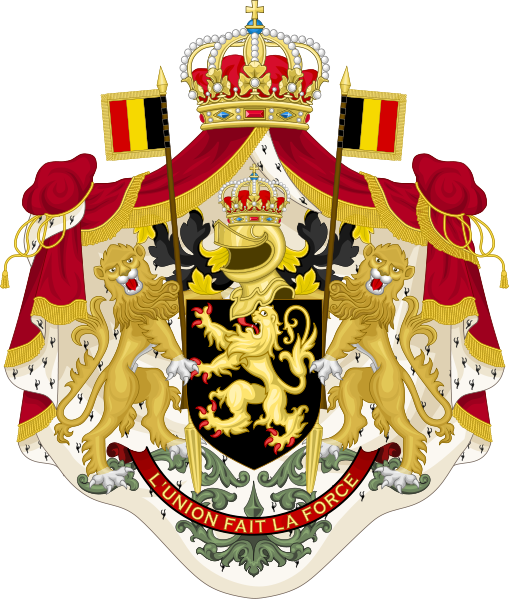Our Heritage
Once boasting the largest Belgian population in our nation, flipping through the Quad Cities Area phone book shows why we are still ranked second in the United States for our Belgian heritage population. From the mid 1800's to the early 1900's Belgians flocked to our region to farm and work in the area's industries.
As this Belgian population grew, so did its influence and impact on our community. Along with ingenuity and a strong work ethic, the Belgians brought their sports, such as rolle bolle, pigeon racing and bike racing, arts, lace making, and culinary skills, the matchless Belgian waffles.
The Center for Belgian Culture was established to preserve and share our proud heritage, forming a social and professional network to help Belgians residing in, or visiting the Quad Cities area. And, of course, we promote the image of Belgium and encourage the ties of social relations between Belgians in the Quad Cities and elsewhere in the world.
The Executive Board is responsible for the administrative aspects of the Belgian Center, representing the organization at meetings and official activities, and maintaining relations with other organizations. We maintain an up-to-date list of members and continue to work on expanding our museum.
The Executive Board or other members organize a wide range of activities, which are announced in our monthly Newsletter, mailed or e-mailed monthly to our membership.
Memorials to Our Heritage include:
“In Flanders Field” monument, Rock Island National Cemetery.
Belgian Immigration Memorial, Stephens Park.
Rolle Bolle (krulbollen) courts are maintained at Stephens Park near the Olde Towne District on 7th Street in Moline and in surrounding communities throughout the Quad Cities.
Special collections and archival materials are housed at the Center for Belgian Culture and at the Rock Island County Historical Center, at 822 11th Avenue Drive in Moline, near Olde Towne.
Sacred Heart Church, located at 1307 17th Avenue in Moline, was established in response to Belgian settlers' petition to the diocese for a church of their own. The cornerstone was laid by Cardinal Mercier of Belgium in 1919.
